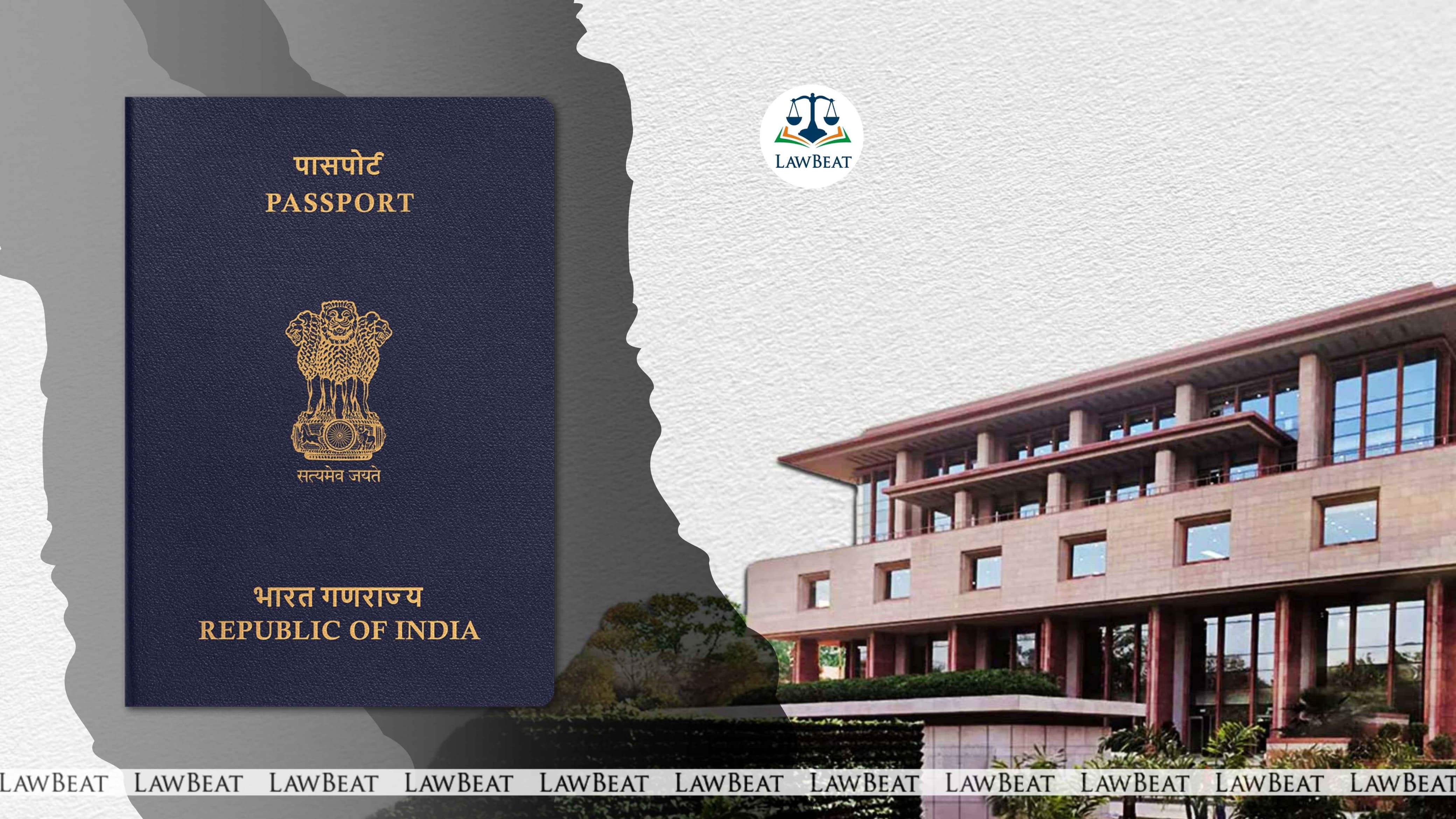Information Regarding Passport Cannot Be Disclosed To Third Party In An RTI Query: Delhi HC

The court affirmed that passport details of third parties are exempt from disclosure under the RTI Act due to privacy concerns. The court upheld previous decisions, citing the risk of misuse. “If passport number of a third party is furnished to an applicant, it can be misused”, the court emphasized.
The Delhi High Court, recently, held that no information related to a third party's passport application could be disclosed in response to an RTI query. The bench of Justice Sachin Datta held, “no information pertaining to a passport application of third party could be disclosed in response to a RTI query”.
The controversy stemmed from an RTI application filed by the petitioner on February 5, 2016, seeking information from the Regional Passport Office, Mumbai, regarding the issuance of passports and travel documents to three individuals—Anubhuti Singh, Rinki Singh, and Anubhav Singh—between 1984 and 1990.
The Regional Passport Office Information Officer, Mumbai, denied the request via email on February 23, 2016, citing Section 8(1)(j) of the RTI Act, 2005. The response stated that the requested information was personal and unrelated to public activity or interest, and its disclosure would result in an unwarranted invasion of privacy.
Dissatisfied with this response, the petitioner appealed to the First Appellate Authority. However, the appeal was dismissed, reinforcing the stance that third-party passport details were exempt from disclosure under Section 8(1)(j) of the RTI Act. The authority also clarified that the Ministry did not maintain travel or visa details of Indian passport holders.
Subsequently, the petitioner filed a second appeal before the CIC, contesting the denial. The respondent reiterated that the requested information pertained to third parties and was, therefore, exempt from disclosure. The petitioner, however, refuted this position.
Upon hearing both sides, the CIC, in its order dated May 5, 2017, directed the Regional Passport Office, Mumbai, to provide the petitioner with the requested information, provided the petitioner submitted necessary details to facilitate the search. The office was instructed to inform the petitioner about the specific details required for retrieving the information.
Following this directive, the petitioner filed a compliance complaint, alleging non-fulfillment of the CIC’s order. In response, the CIC issued an Adjunct Order on February 16, 2018. T
he Regional Passport Office, Mumbai, asserted that it had taken necessary steps and, via email on May 31, 2017, informed the petitioner that “the requisite information sought by the petitioner is not available since the relevant records [for the period 1984-1990, with regard to which the requisite information pertains], have been destroyed, as per the extant policy/ instructions of the Government of India”.
The office also sought additional information from the petitioner to facilitate a thorough search, but no further communication was received from the petitioner. The office maintained that the Central Public Information Officer (CPIO) was only obligated to provide available records and was not required to generate or reconstruct information.
Upon reviewing the matter, the CIC found that the Regional Passport Office, Mumbai, had complied with the earlier order. Consequently, no further intervention was deemed necessary, and the appeal was dismissed.
However, the court found no merit in the petitioner’s arguments. It noted that the email communication dated May 17, 2017, from the Regional Passport Office, Mumbai, explicitly confirmed the destruction of records from the relevant period due to the absence of computerized data systems at that time.
Furthermore, the court reaffirmed that passport-related information of third parties was protected under Section 8(1)(j) of the RTI Act. Citing previous judgments, including Union of India vs. R. Jayachandran and Ministry of External Affairs vs. Asmita Sachin Waman, the court underscored the settled legal position that personal identification details could not be disclosed without the consent of the concerned individuals. The judgment emphasized that such information, if disclosed, could be misused, thereby justifying its protection under privacy laws.
The petitioner attempted to challenge the assertion of record destruction by referring to a different RTI response from the Regional Passport Office, Patna. However, the court dismissed this argument, stating that the stance of another passport office had no bearing on the Mumbai office’s records. Additionally, there was no evidence to suggest that the Mumbai office’s communication regarding the destruction of records was inaccurate.
Ultimately, the court held that the requested information was both unavailable and exempt from disclosure under the RTI Act. The petitioner was advised to pursue alternative legal avenues if further clarification was needed. Consequently, the petition was dismissed, upholding the legality of the CIC’s orders.
For Petitioner: Advocates Puneet Sharma and Ashwani Kumar
For Respondent: Special Public Counsel Rahul Sharma With Advocate Mani Kant
Case Title: Rakesh Kumar v Central Public Information Officer (2025:DHC:618)
